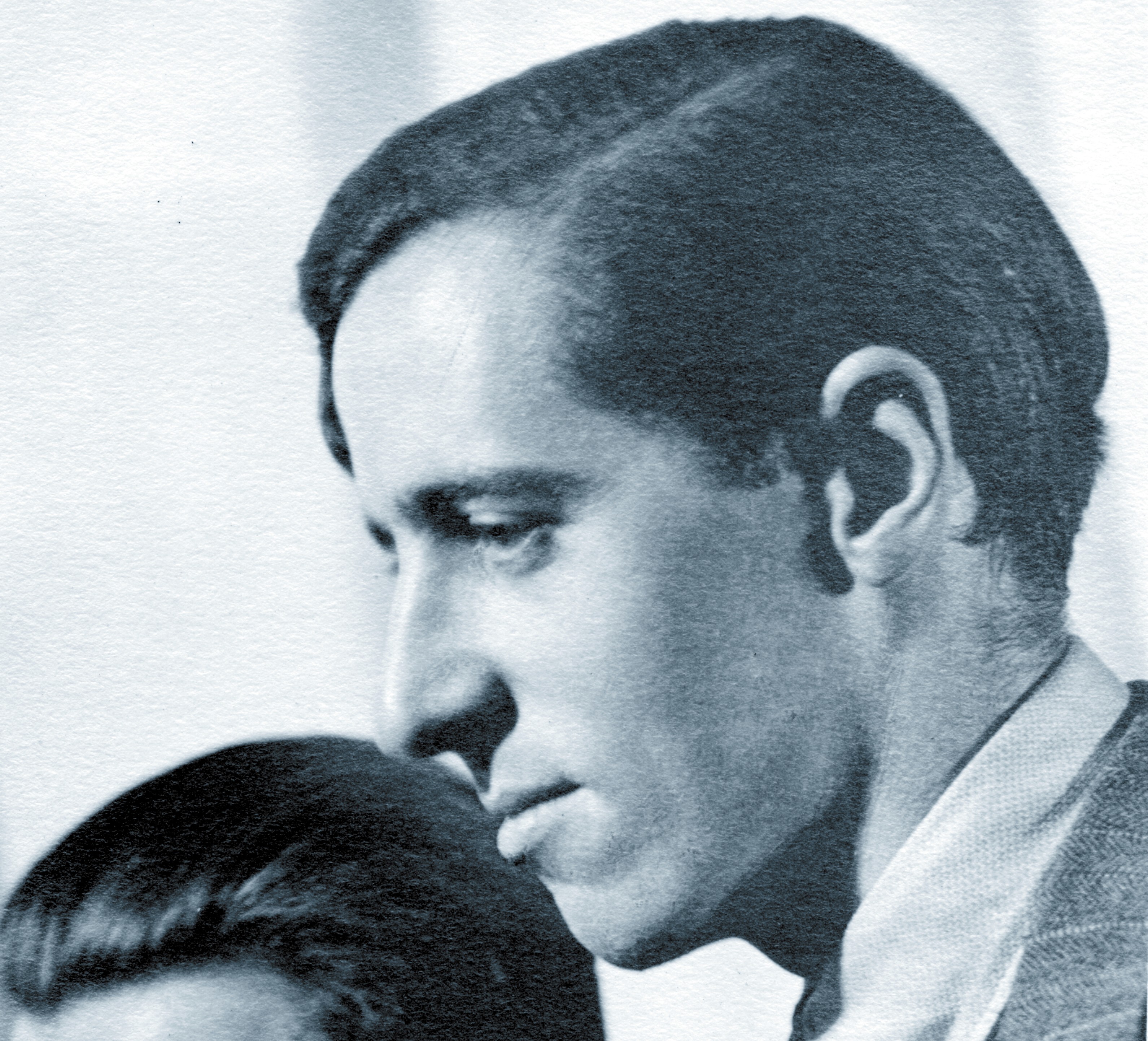
 William Empson to Charles Madge, upon receipt of (in Madge's words) a "long and probably half-baked and undigested manuscript about Chaucer, Spenser, and Milton":
William Empson to Charles Madge, upon receipt of (in Madge's words) a "long and probably half-baked and undigested manuscript about Chaucer, Spenser, and Milton":"The shape of the book I think is bloody insolent. The idea that one must write very esoteric stuff because nobody will read [it] anyway seems to me nonsense — you get plenty of readers if you give anybody a chance. Surely even a communist can have a reasonable amount of democratic feeling; the point about writing as plainly as you can is that you are testing your ideas against somebody who is not a specialist and just knows about life in general. Really subjective writing seems to me nasty to touch, gluey on the outside like David Gascoyne. I feel I have some right to be rude about this because [I am] so much open to the same faults. You had much better imagine before you write anything that England has long been a settled communist state, and that the only difficulties before you are (a) making the comrades hear what you want to say (b) convincing them you are not talking nonsense; assuming the future to have arrived is a piece of symbolism quite in your manner; you will find it works much better both as making you write better and making people buy your books. Actual chapters of quotation without confessing what you quote for, actual articles in quotation without confessing who they are quoted from, all that kind of thing, is merely indulging yourself in madness without the excuse of being mad. Of course there isn't much money in the kind of criticism we write anyway; but the kind of thing one needs in the way of sales and success, enough recognition and criticism to go on doing one's stuff without the insanity of isolation, you can get in presentday [1936] England at once, but only if you don't pretend to be mad. You must expect me to take you seriously if you left the MS to ask my view of it, and I advise you very heartily not to publish this as it stands. Better make it several books and put in a great deal of your political opinions; I don't see that you lose anything by putting them in, it will make the thing far more human, and you may become sufficiently interested to find the main things you wanted to say. I myself generally find what I was trying to talk about while I am re-writing so as to try to be intelligible …
"I smack this out in a state of moderate beer assuming that you are not appallingly sensitive. The difficult thing would be to say it tactfully, but I don't believe you are as neurotic as your piece of writing. As to a public, of course there is a real muddle; the recent events have kept on showing a public opinion I find I agree with, its muddle is my own, and I feel I can write decent (of course unselling) books with a notion that it is part of the country that provides the language. A man who doesn't feel that at all has of course a different situation, and I should have thought the straight way out was to bring in the politics firm and clear … Anyway, just as a point of theory, literary symbolism demands a public for symbolism; by all means imagine a public, and as a matter of fact you will imagine a real one; but those who write for no public are ever unconscious of their asylum.
"Love to you and Kathleen
"Bill Empson"
